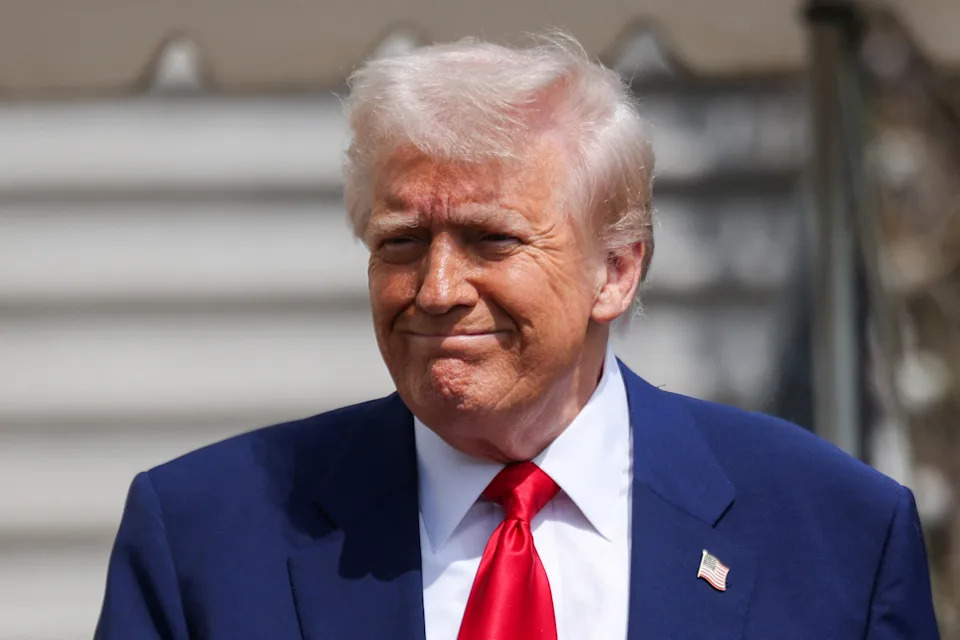Key Points
- Dealmaking freeze and financial stocks rout raise stakes for Wall Street's earnings season.
- Big banks like JPMorgan, Wells Fargo, Citigroup, Goldman Sachs, Morgan Stanley, and Bank of America tumbled after Trump's new tariffs.
- The KBW Nasdaq Bank Index (^BKX) experienced its worst two-day performance since March 2020.
- Uncertainty around Trump's trade policies has led to postponed IPOs and M&A deals.
- Bank executives are considering revising down revenue forecasts for M&A advisory businesses.
Summary
The financial sector is bracing for a challenging earnings season following a significant drop in stock prices triggered by President Trump's new tariffs. Major banks such as JPMorgan Chase, Wells Fargo, Citigroup, Goldman Sachs, Morgan Stanley, and Bank of America saw declines ranging from 13% to 18% last week. The KBW Nasdaq Bank Index (^BKX) also plummeted, marking its worst performance in nearly two years. This downturn reflects broader market concerns about the Trump administration's trade policies, which have not only affected stock prices but also led to the postponement of several IPOs and M&A activities. Companies like StubHub, Klarna, Chime, eToro Group Ltd., MNTN Inc., and Ategrity Specialty Holdings have delayed their public offerings or deal closures. Amidst this, bank executives are contemplating revising their revenue forecasts downwards, particularly for M&A advisory services. The looming threat of a US recession and rising inflation adds further complexity, potentially impacting loan growth and profitability. However, there are some silver linings, with potential regulatory changes that could benefit banks in the long run.







































